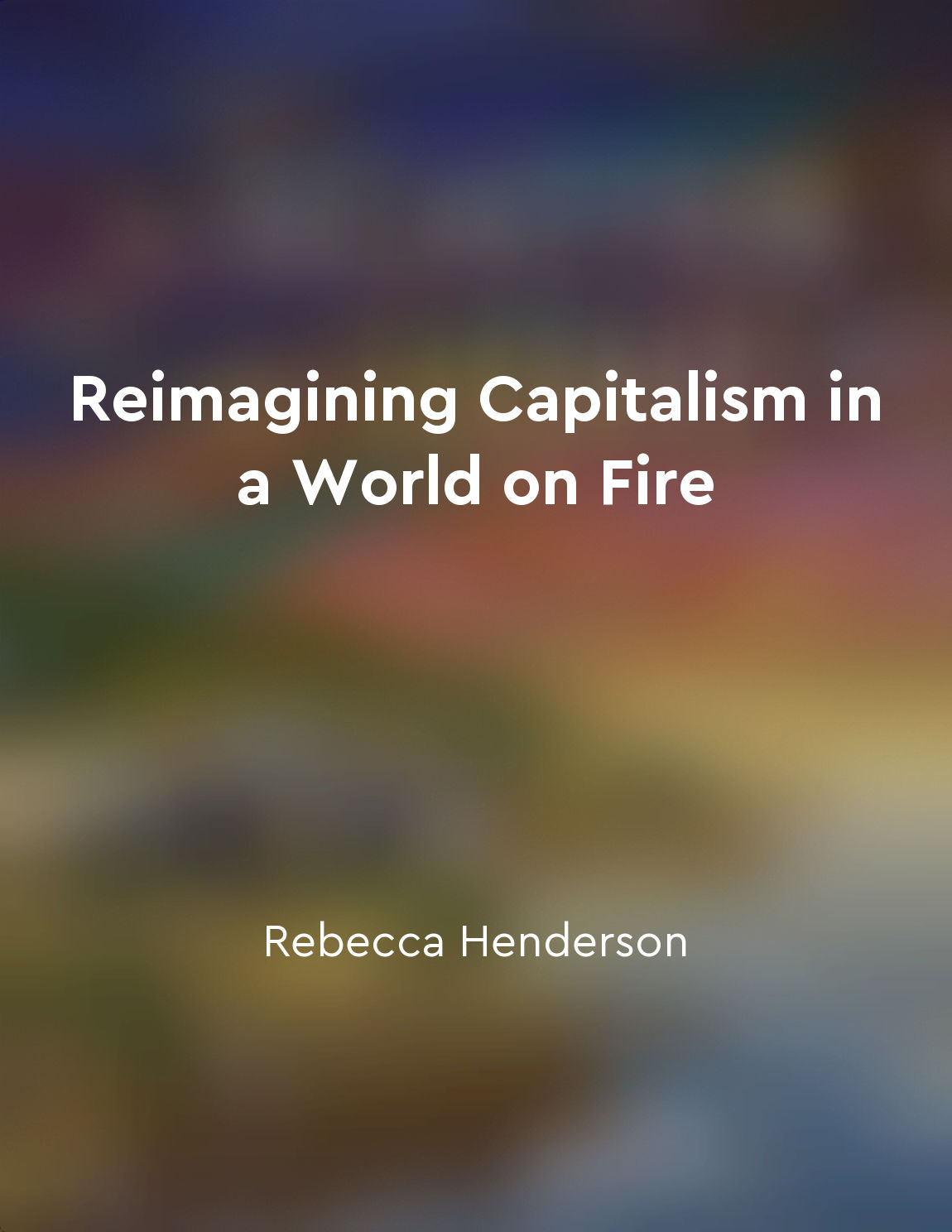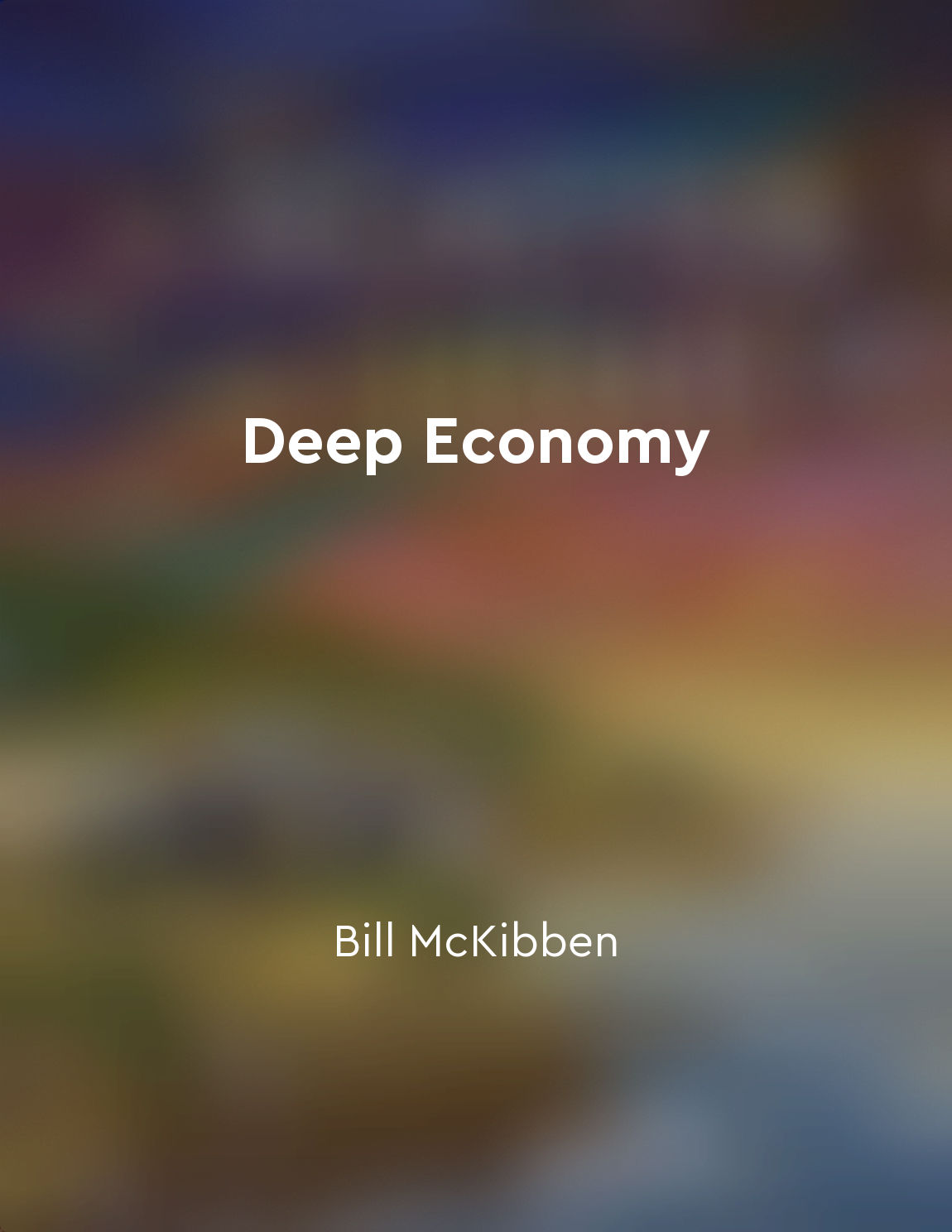Privileged individuals often overlook systemic issues in their pursuit of change from "summary" of Winners Take All by Anand Giridharadas
The powerful, the well-connected, the privileged—these are the ones who often set the agenda for change in our society. They are the ones who have the means and the influence to make a difference, or so they believe. Yet, in their pursuit of change, they often fail to see the bigger picture, the systemic issues that underlie the problems they are trying to solve. They focus on symptoms rather than causes, on Band-Aid solutions rather than long-term, structural change. These privileged individuals, whether they are philanthropists, social entrepreneurs, or thought leaders, tend to approach social problems with a narrow lens. They see poverty, inequality, and injustice as isolated issues that can be addressed through charity, corporate social responsibility, or market-based solutions. They believe in the power of individual agency, of personal responsibility, of "doing well by doing good." They overlook the fact that these problems are not just the result of individual actions, but of deep-rooted, systemic injustices that require a collective, structural response. In their zeal to make a difference, these privileged individuals often end up reinforcing the very systems of power and privilege that perpetuate inequality and injustice. They may donate millions to charity, launch innovative social enterprises, or champion market-based solutions, all while maintaining their own wealth and status. In doing so, they divert attention from the real causes of social problems, from the need for systemic change, from the voices of those who are most affected by these issues.- But they are ultimately self-serving. They allow the privileged to feel good about themselves, to burnish their own reputations, to maintain their position at the top of the social hierarchy. They may even convince themselves that they are making a real difference, that they are changing the world for the better. But in reality, they are just tinkering around the edges, perpetuating the status quo, and avoiding the hard work of confronting the systemic issues that underlie our most pressing social problems.
Similar Posts
Power is often associated with confidence and assertiveness
Power, in many contexts, is closely linked with confidence and assertiveness. When we think of powerful individuals, we often p...
Transitioning to a new country can be challenging
Moving to a different country is like being dropped into a maze with no map. Everything around you is unfamiliar, from the stre...

Embracing sustainability can lead to financial success
Embracing sustainability is not just a moral imperative; it is also a sound business strategy. Companies that prioritize sustai...
Engage in dialogue to foster understanding
Dialogue is a powerful tool for bridging gaps and building connections between people. By engaging in dialogue with others, we ...
Financial systems adapt to digitalization
The financial industry is undergoing a significant transformation as a result of digitalization. The shift towards digital tech...

Decentralization can lead to sustainability
In our current economic system, power and decision-making are centralized in the hands of a few, leading to a focus on growth a...
Need for collective action to address issues
The challenges we face today are too big for any one individual to solve alone. From climate change to income inequality, these...
Uphold principles of fairness and justice
The idea of fairness and justice is at the core of our societal values. It is about treating all individuals with equality and ...
Empowering individuals leads to societal progress
In the grand tapestry of human history, one thread stands out as particularly crucial: the empowerment of individuals. When ind...
Cultural norms can reinforce gender inequality
Cultural norms play a significant role in shaping societal expectations and behaviors. For centuries, these norms have been use...

